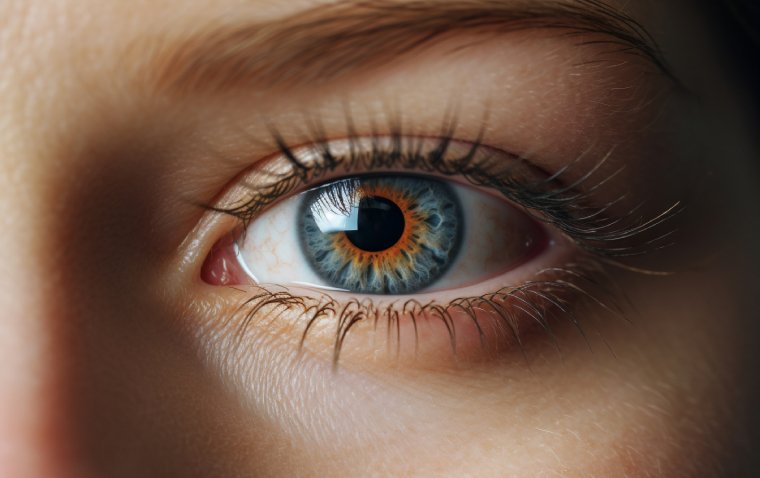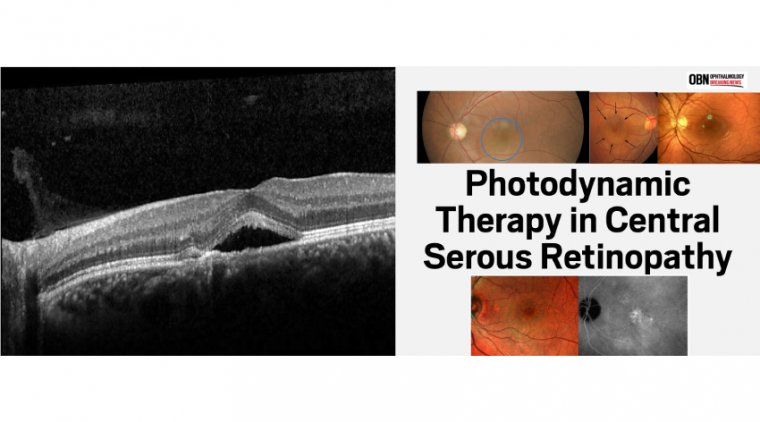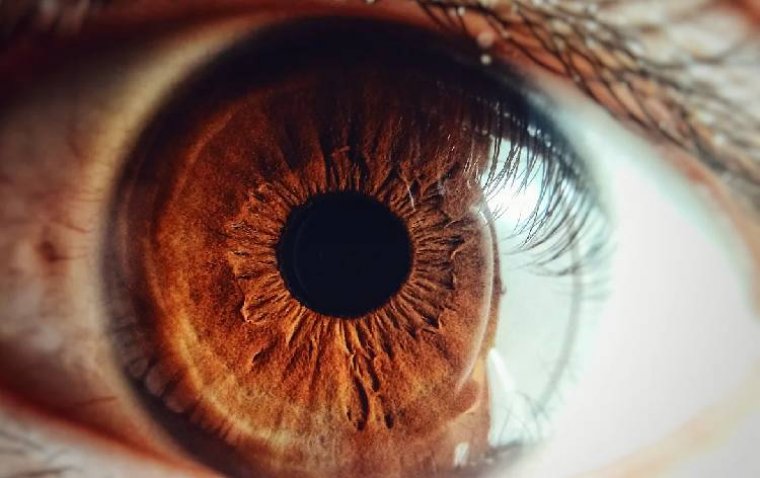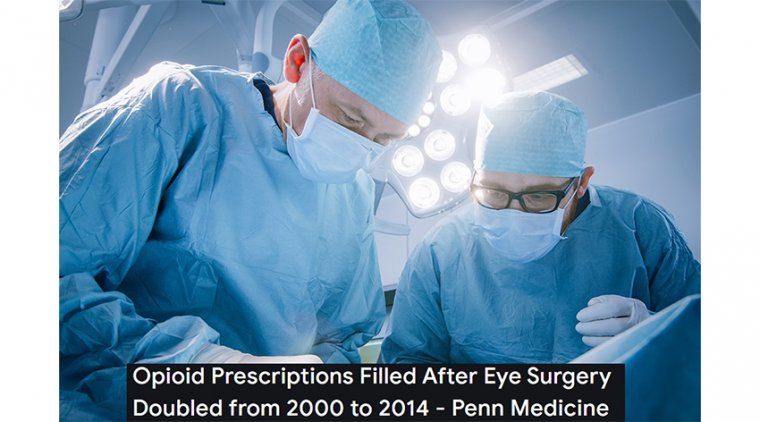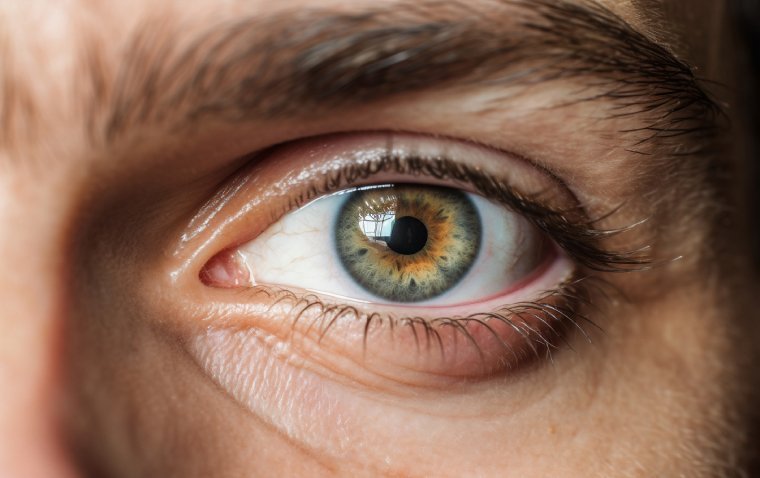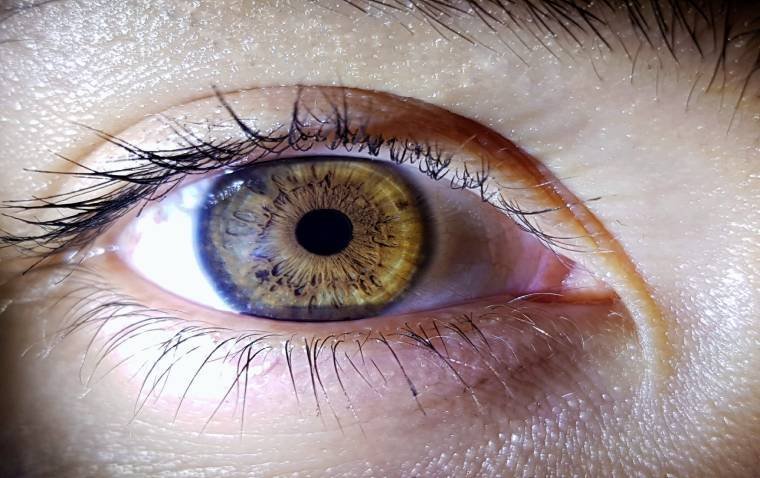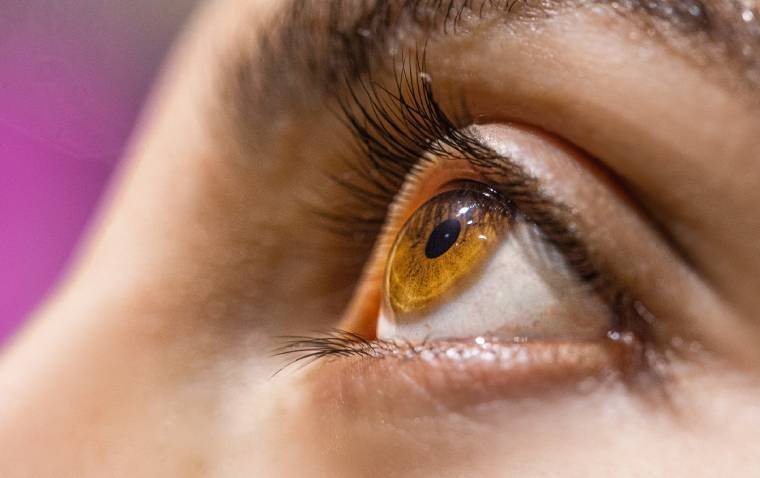Eye-Tracking Technology Offers New Hope for Brain Health Management
The Alfred hospital has initiated clinical trials utilizing BrainEye, a pioneering smartphone app designed to screen for neurological abnormalities through a quick 60-second eye movement test.
The study aims to involve 500 participants from Australia who suffer from various neurological disorders, such as Alzheimer’s, Parkinson’s disease, epilepsy, and multiple sclerosis (MS). These participants will undergo brain function assessments using the BrainEye app’s eye tracking technology.
Check our exclusive article about The Role Of Artificial Intelligence In Ophthalmology.
Technological Innovation Through AI
BrainEye's app leverages an artificial intelligence platform to analyze over 20 ocular biomarkers that are typically difficult to detect with the naked eye. The collected data will be benchmarked against results from neurologically healthy individuals to improve the app’s ability to distinguish between normal and abnormal brain functions.
Data gathered during this trial will aid BrainEye in developing a commercial product intended for community use to detect and monitor neurodegenerative diseases. Early detection is crucial as it generally results in better treatment outcomes and reduced healthcare costs.
Globally, neurological disorders are the primary cause of disability and the second leading cause of death, trailing only heart disease. The challenge of effectively detecting and treating these conditions often stems from the absence of suitable and affordable biomarkers that can track changes in brain function.
Expert Insights on BrainEye’s Potential
The Principal Investigator of the trial, Associate Professor Joanne Fielding, BrainEye’s Chief Scientific Officer, highlighted the significance of making such technologies accessible to the wider community. “BrainEye’s revolutionary technology is bringing complex science into the hands of anyone interested in assessing brain health. Although the effectiveness of eye movement assessments in identifying abnormalities is well acknowledged, these tests have traditionally been limited to clinical environments and often performed too late,” explained Professor Fielding.
She added, “We’re excited to collaborate with The Alfred’s neurology team, who share our commitment to enhancing early detection of neurological disorders.”
Professor Terence O’Brien, Neurologist and Program Director at Alfred Brain, also expressed enthusiasm about the potential of this innovative technology to serve as an effective tool for early monitoring of disease progression in various neurological conditions.
Richard Nash, CEO of BrainEye, remarked on the trials' significance in evaluating the practicality of the BrainEye app for identifying neurological abnormalities and overall brain health monitoring. “This marks a significant step forward for BrainEye, as we transition from proving its effectiveness in sports settings to its application in healthcare, aiming to aid in the early identification of neurodegenerative diseases like Alzheimer’s and Parkinson’s,” said Nash.
He concluded, “The eyes are the window to the brain, and our best defense is early detection.”
BrainEye has already performed over 25,000 tests and conducted several successful trials focused on concussion and brain trauma in various major sports.
Reference:
(1).jpg)
